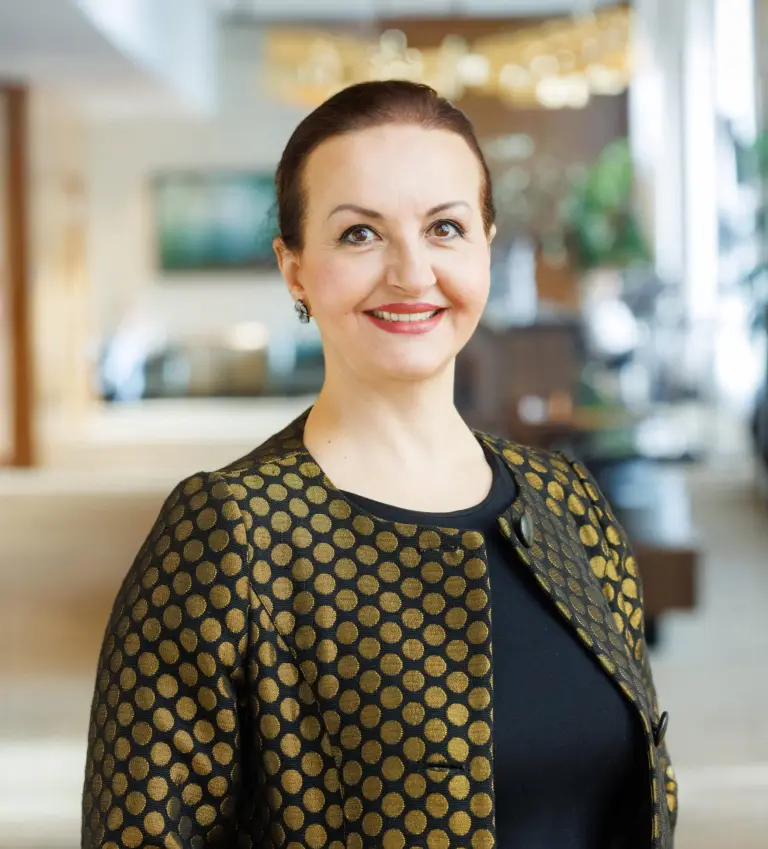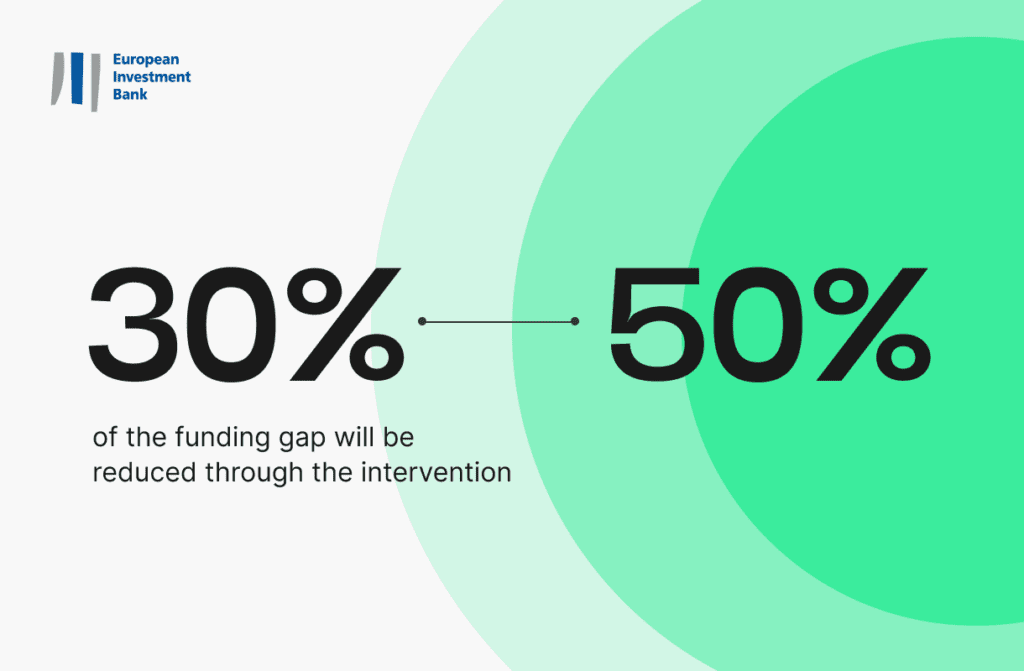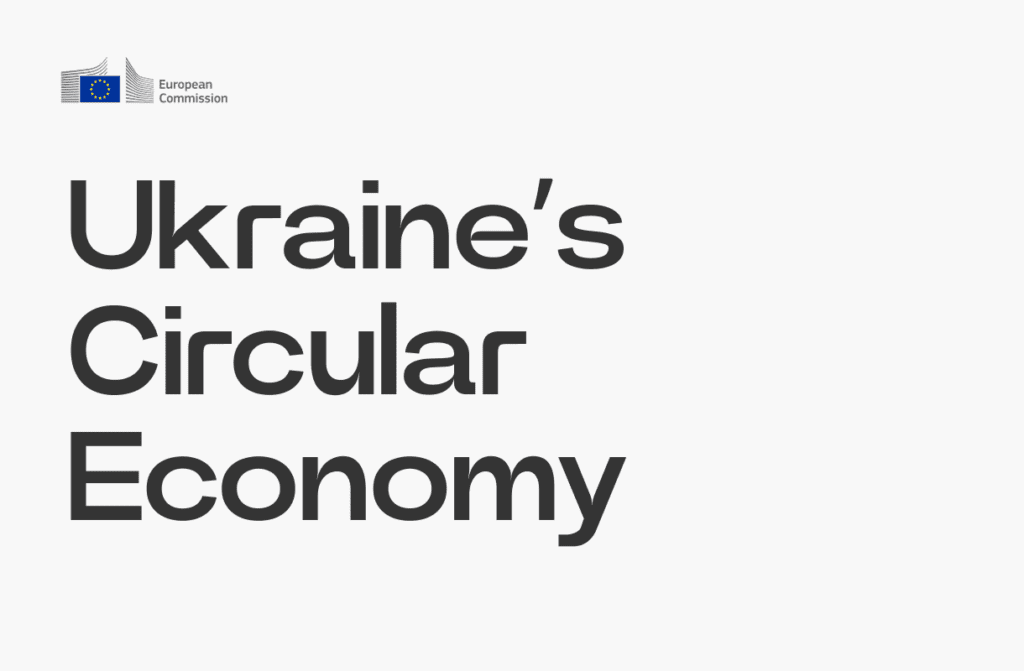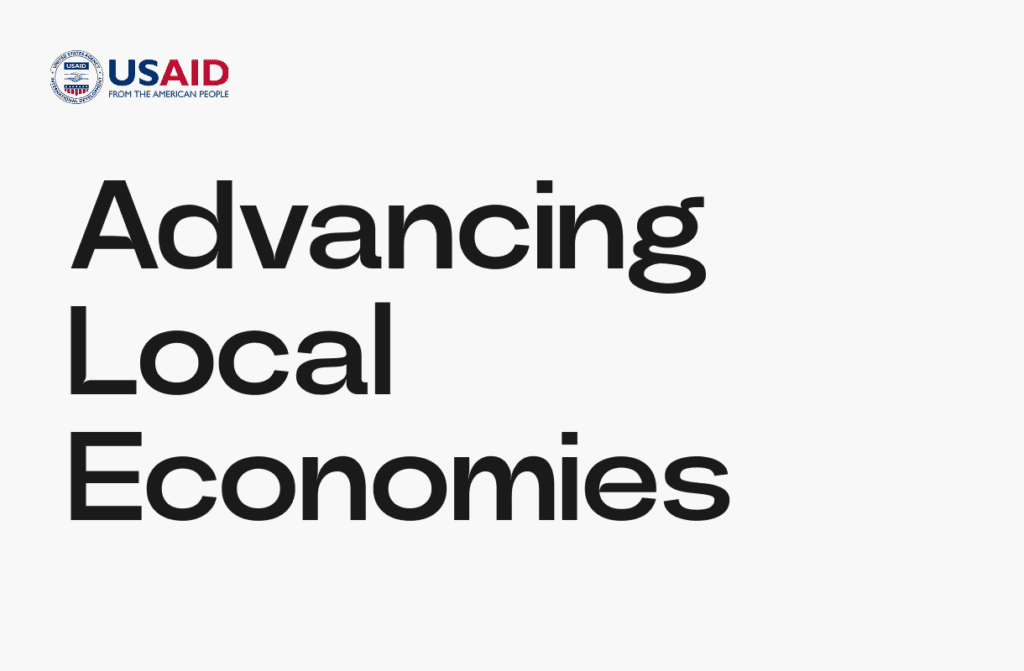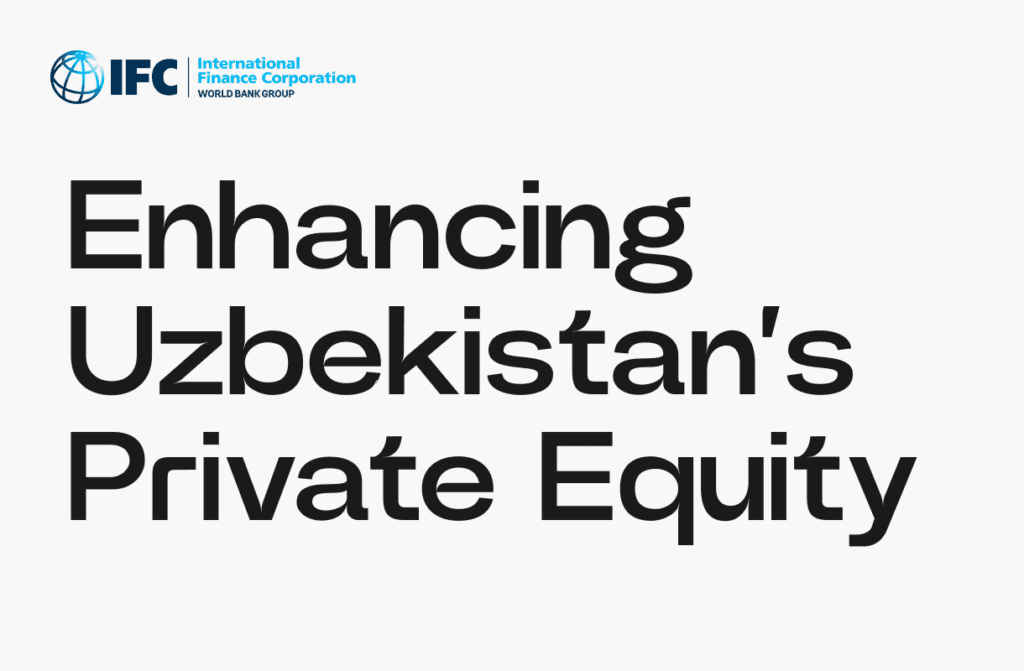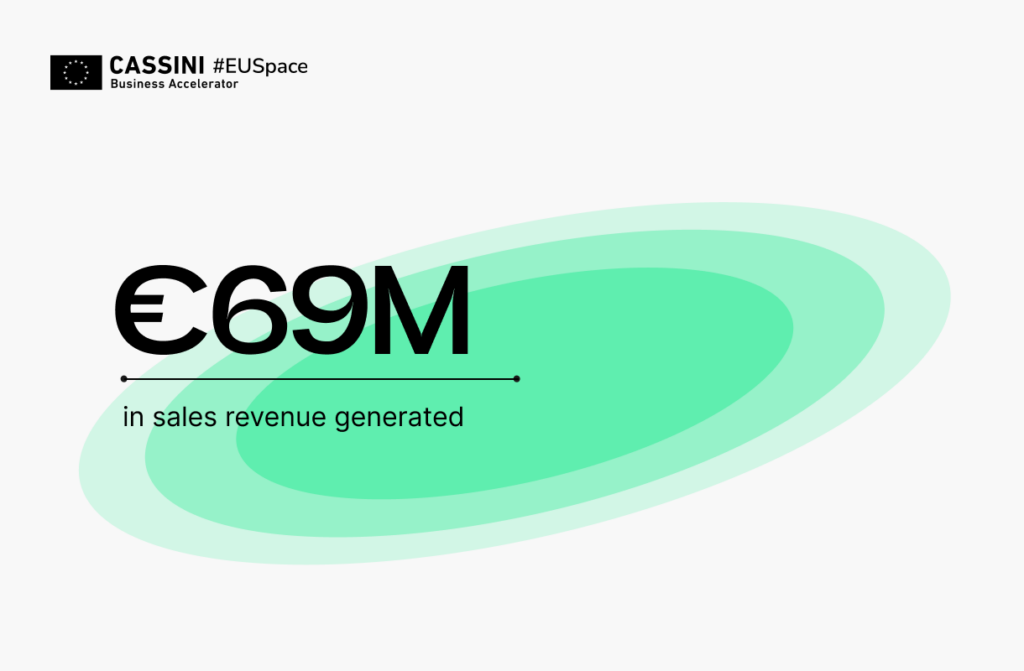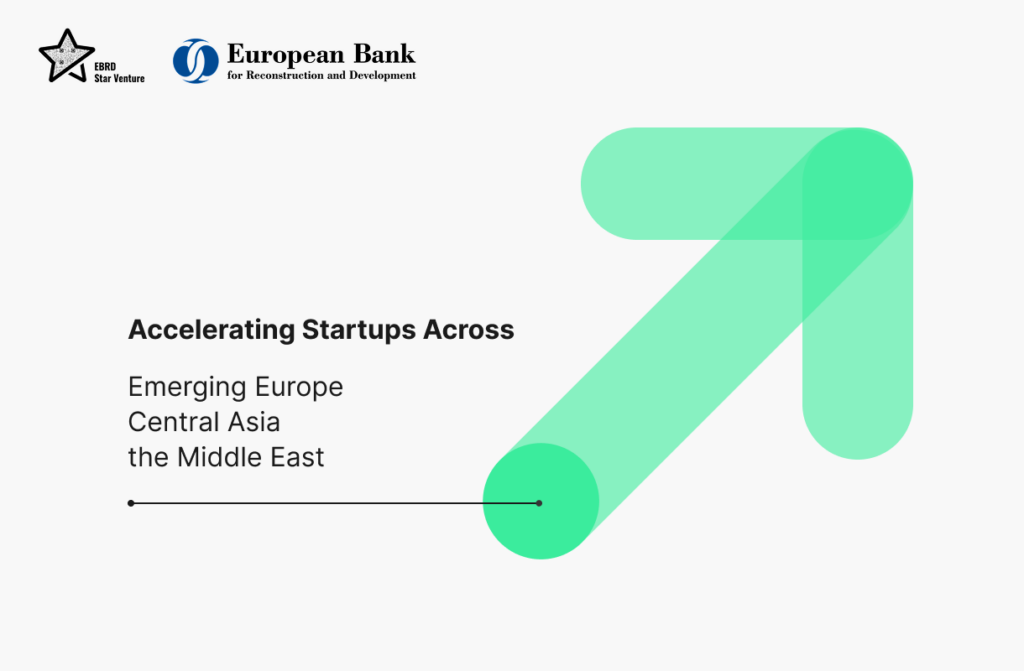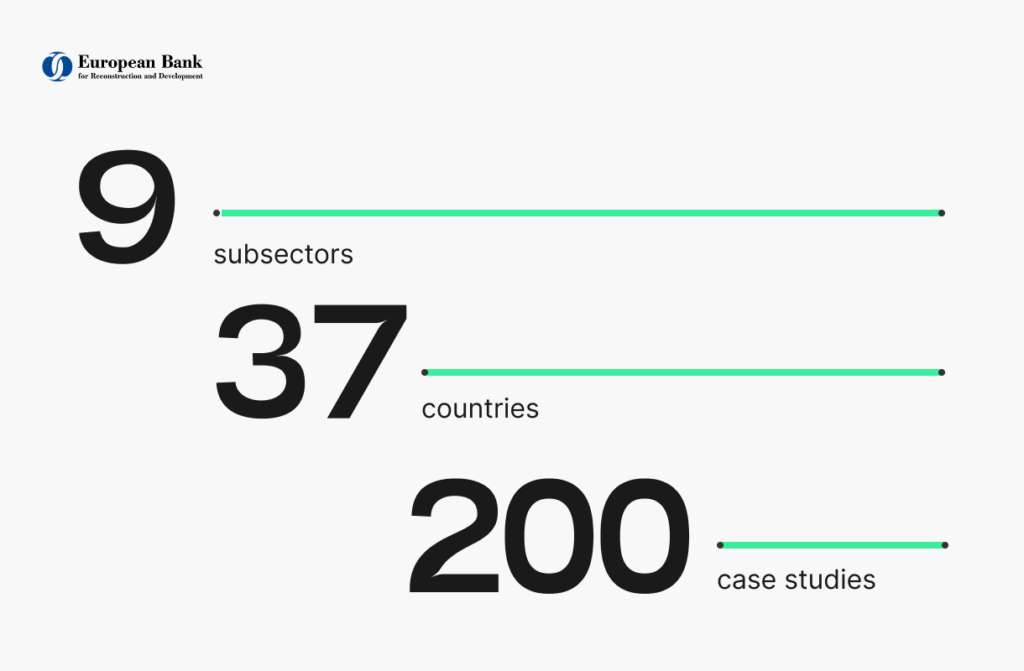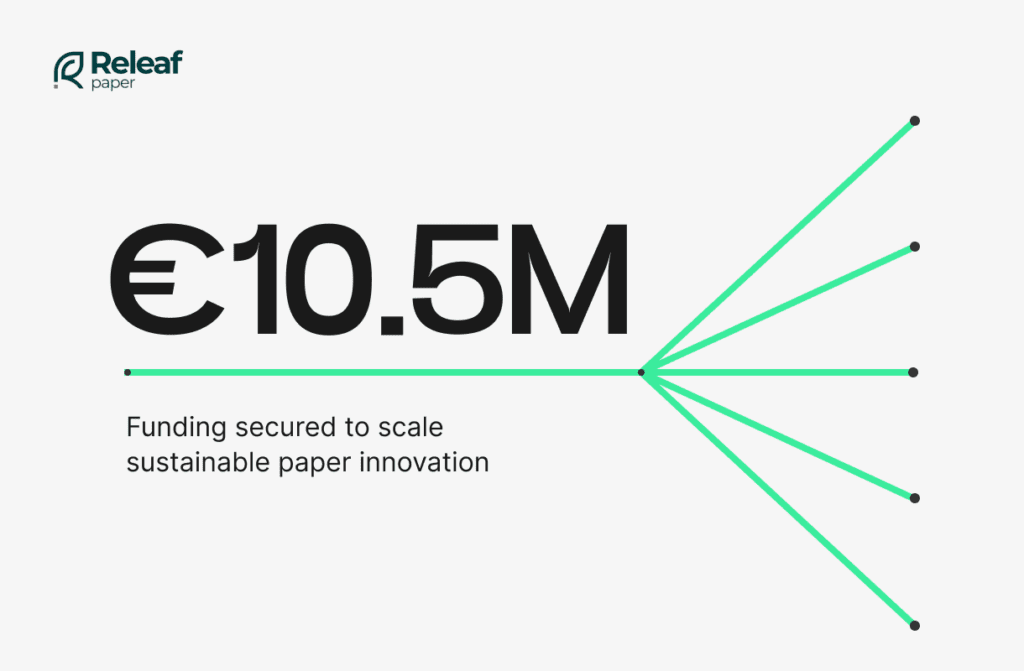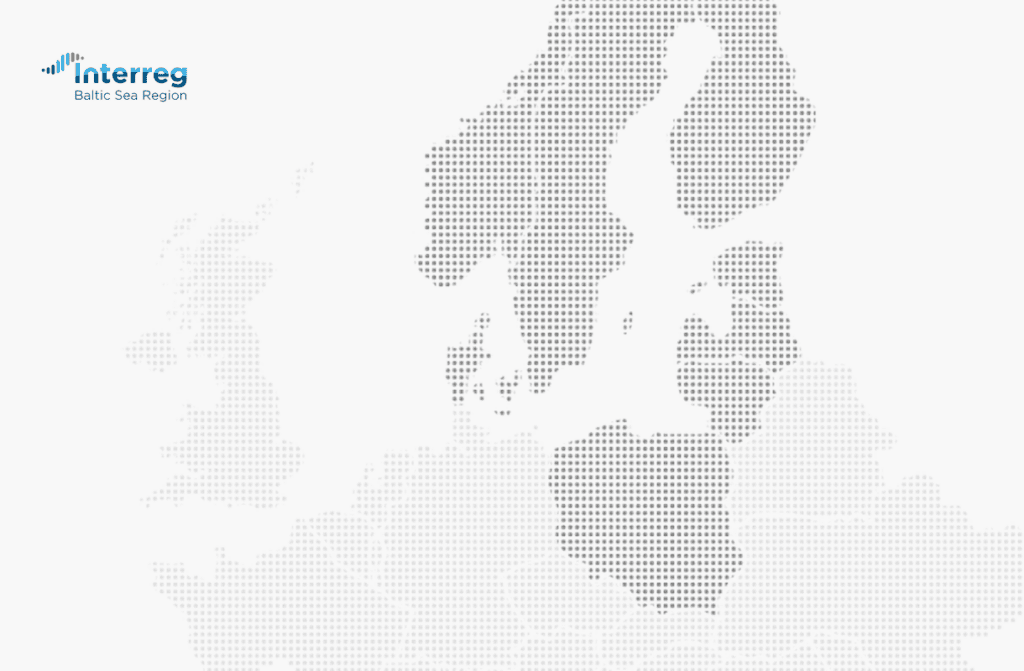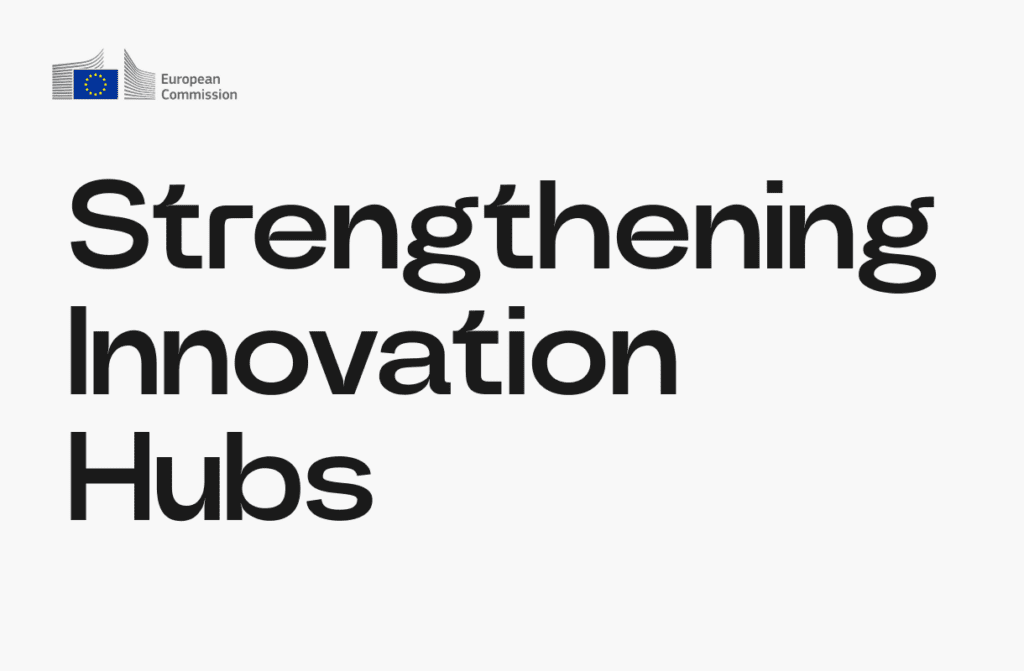Empowering women farmers in Moldova with sustainable energy
Client
United Nations Development Program (UNDP)Client overview:
The United Nations Development Programme (UNDP) is a global leader in sustainable development, operating in over 170 countries to promote resilience, inclusive growth, and climate action. This initiative focuses on helping local agri-producers adopt energy-efficient technologies to reduce their vulnerability to energy shocks and climate risks.
In Moldova, the project targeted more than 100 women-led micro, small, and medium-sized agri-businesses in need of strengthened capacity and support.
The assistance package was comprehensive, combining in-kind support, tailored coaching, and the procurement of sustainable technologies such as photovoltaic systems, refrigeration units, and other climate-resilient solutions.
The project was implemented in partnership with Civitta International, Civitta Moldova, and the local NGO Pro-Europa, which played a key role in field outreach, coaching, and coordination across 16 districts in Moldova.

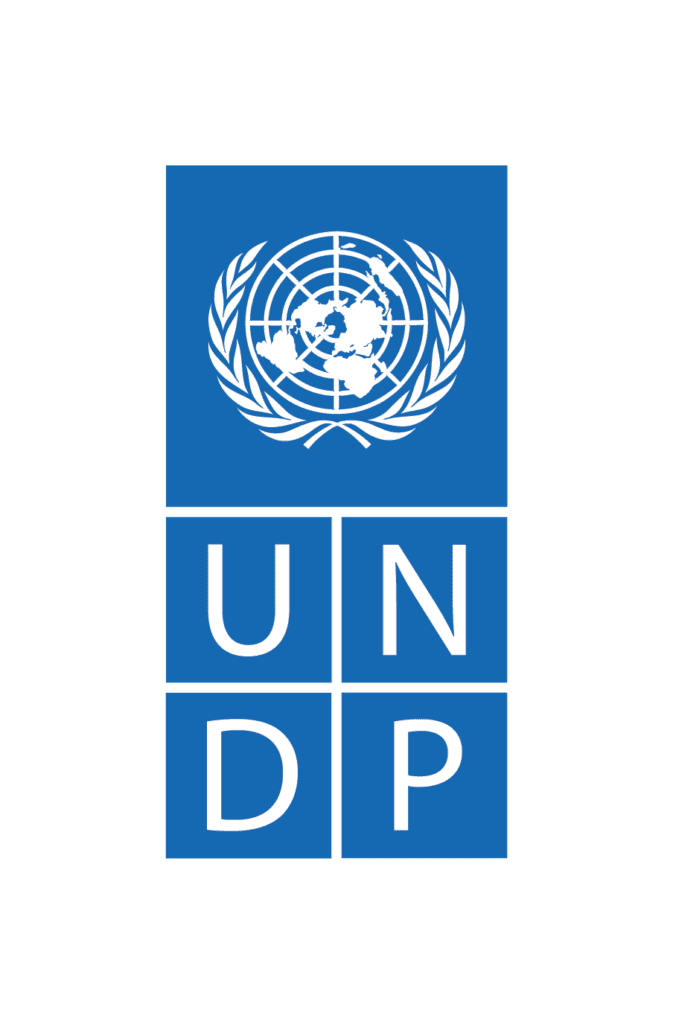
Challenge:
The project aimed to boost the energy resilience of women-led agri-businesses in rural Moldova, at a time when the country faced a deepening energy and socio-economic crisis. These enterprises needed urgent support to transition to renewable energy and adopt energy-efficient technologies that would help improve their productivity, sustainability, and ability to withstand external shocks such as rising energy prices and climate-related disruptions.
Women agri-producers in rural areas were among the hardest hit—facing inflation, energy insecurity, and limited access to support. Many were at risk of closing their businesses, losing income, and falling deeper into poverty, which would further widen existing gender and rural economic gaps. Supporting them was essential to: safeguard local food production, strengthen household and community energy security, foster inclusive and green economic growth.
Key Constraints
- Time Sensitivity: The response had to be fast to address the winter energy crisis and prepare farms for the upcoming agricultural seasons.
- Budget Limits: With per-beneficiary funding capped at $6,000–$18,000, the project had to deliver impact through cost-effective, customized solutions.
- Market Challenges: Equipment shortages, high prices, and delays due to global supply chain issues and regional instability created procurement difficulties.
- Limited Local Capacity: There were few qualified suppliers and service providers in rural areas, complicating installation and maintenance.
- Logistics: The scattered locations across more than 16 districts made coordination and delivery especially complex.


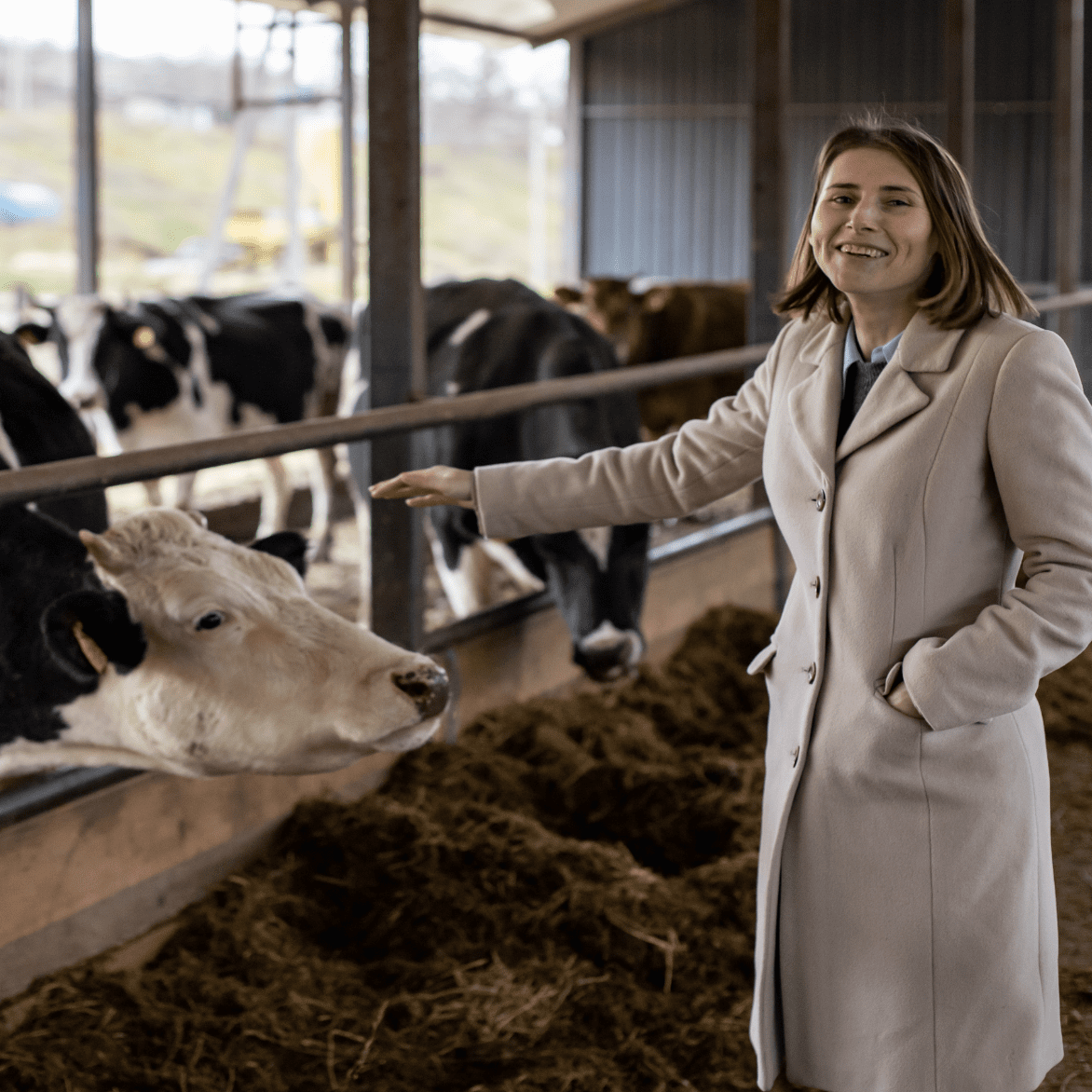
Our approach:
Civitta implemented a phased and practical approach, combining strategic planning, community engagement, and hands-on technical assistance to address the urgent needs of women-led agribusinesses. The focus was on rapid implementation, empowerment, and the long-term sustainability of energy-efficient agricultural solutions. Specifically, we:
- Assessed stakeholder needs through early field visits and interviews to identify key energy gaps, technology requirements, and priority areas for support.
- Designed and managed a competitive application and evaluation process to fairly select high-performing, women-led businesses.
- Developed customized support packages, including: In-kind assistance (e.g., solar panels, refrigeration units, biomass boilers)and individual coaching on financial planning, technology integration, and sustainable agriculture
- Supported procurement and provided technical supervision to ensure quality and compliance.
- Introduced a co-financing model, requiring beneficiaries to contribute at least 20% of total costs—enhancing ownership and long-term sustainability.
- Delivered targeted training and mentoring on renewable energy maintenance, efficient farm management, and climate resilience.
Throughout the project, we collaborated with local organizations such as Pro-Europa to support outreach, coaching, and logistics across all 16 rural districts. We also worked closely with UNDP Moldova and the Project Board at every stage, enabling real-time monitoring and effective project management.
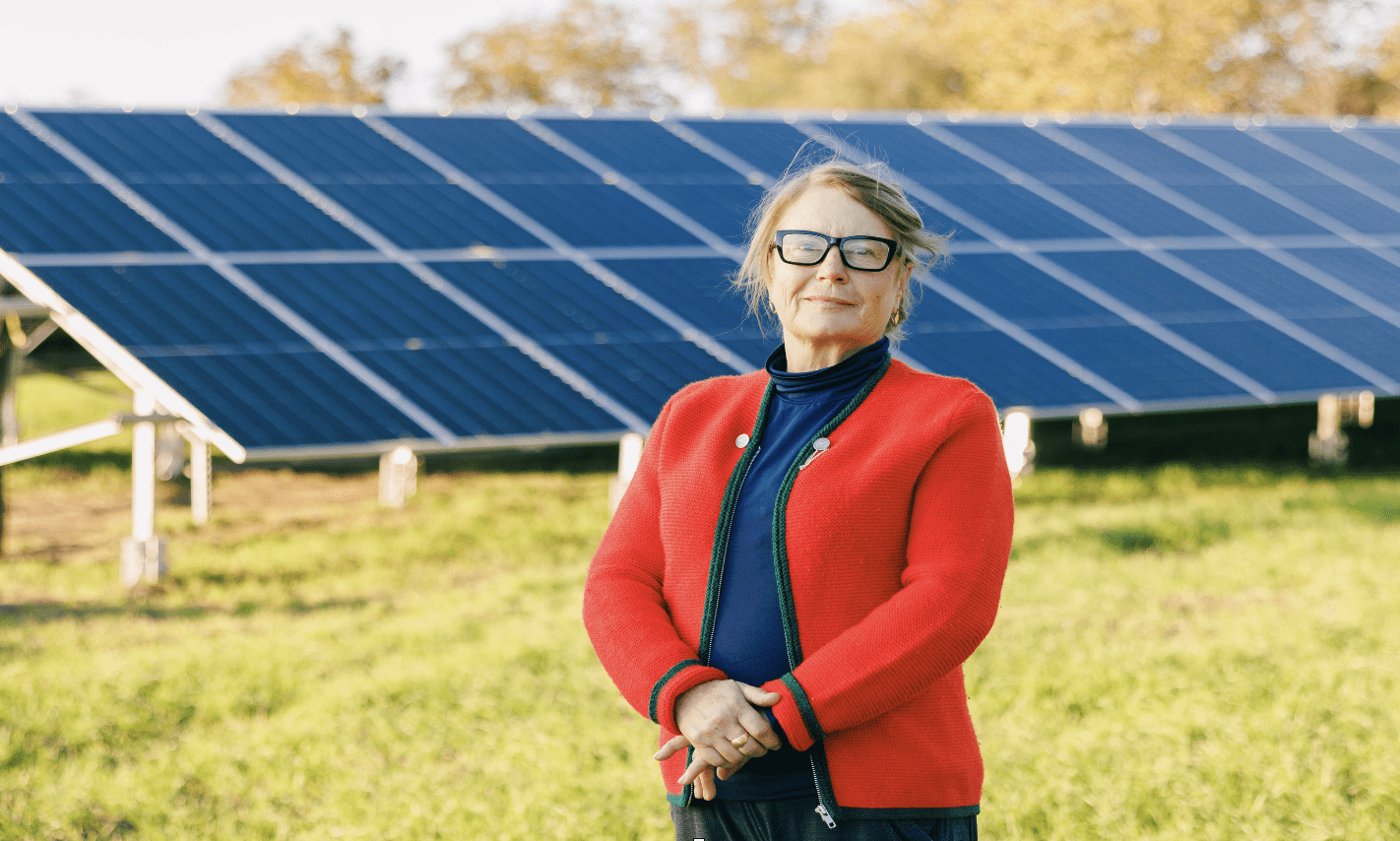
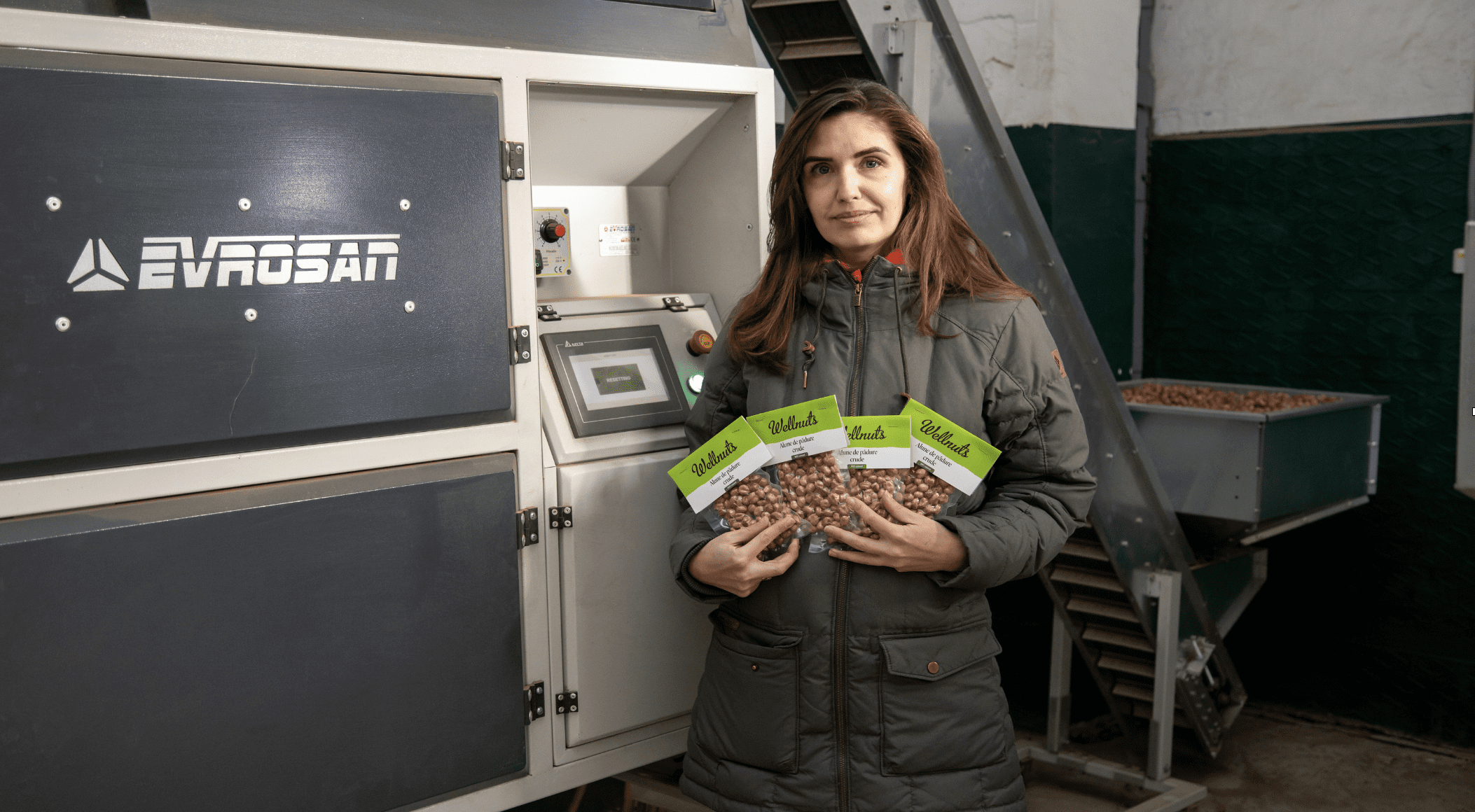
Results & impact:
- Over 100 micro, small and medium-sized agribusinesses led by women have been supported in over 16 rural districts of Moldova.
- Over 300 kW of photovoltaic systems have been deployed, generating approximately 95,800 kWh per year (under Component 3 alone). These systems are expected to save approximately 255,040 lei in electricity annually.
- The project helps reduce CO₂ emissions by approximately 31 tons per year, supporting Moldova’s transition to a greener economy.
- Beneficiaries co-financed approximately 30% of the total project cost, demonstrating strong support and long-term commitment.
- Women’s Empowerment: Rural women entrepreneurs were provided with clean energy technologies, business coaching and practical tools for growth.
- Strengthened the resilience of agribusiness to energy shocks, price fluctuations and climate challenges.
- Ensured the implementation of modern agricultural practices such as: smart irrigation systems, agricultural drones, refrigeration units, solar heating and lighting.
- Improved skills in energy literacy, financial planning and sustainable business management.
- Increased energy independence of rural women farmers, reduced dependence on fossil fuels and grid electricity
- Created a scalable model for providing decentralized, climate-resilient support in rural areas
- Promoted innovation and sustainable development across the Moldovan agricultural sector
- Significant contribution to achieving national goals on climate change adaptation and gender equality
The project increased the energy independence of rural women farmers by reducing their dependence on fossil fuels and grid electricity. It promoted innovation and sustainable development across Moldova’s agricultural sector and made a significant contribution to achieving the country’s national goals on climate change adaptation and gender equality.
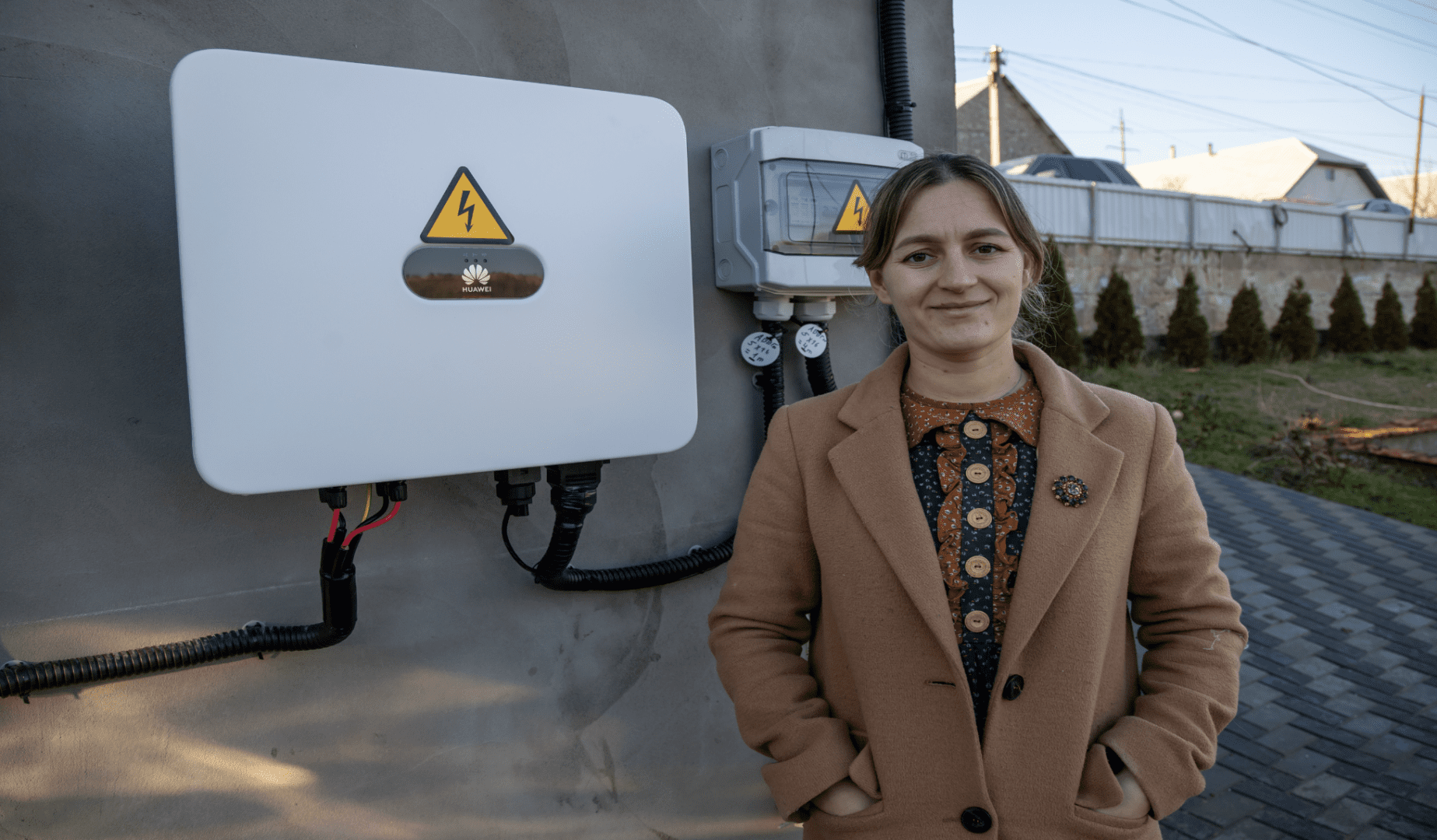
Key takeaways:
- Over 100 women-led micro, small, and medium-sized agribusinesses were supported across more than 16 rural districts of Moldova.
- More than 300 kW of photovoltaic systems were installed, generating approximately 95,800 kWh per year (under Component 3 alone). These systems are expected to save around 255,040 MDL annually in electricity costs.
- The project contributes to reducing CO₂ emissions by approximately 31 tons per year, supporting Moldova’s transition to a greener economy.
- Beneficiaries co-financed about 30% of the total project cost, reflecting strong ownership and long-term commitment.
- Rural women entrepreneurs gained access to clean energy technologies, personalized business coaching, and practical tools for sustainable growth.
Overall, the project increased energy independence for rural women farmers, reduced reliance on fossil fuels and grid electricity, and established a scalable model for decentralized, climate-resilient support in rural areas. It also fostered innovation and sustainable development within Moldova’s agricultural sector, making a significant contribution to national goals on climate change adaptation and gender equality.
Civitta’s strong local presence and network across Moldova enabled rapid mobilization, effective community outreach, and smooth coordination with partners like Pro-Europa. By combining expertise in renewable energy, agriculture, and gender-sensitive development, Civitta delivered integrated, context-specific solutions backed by robust project management aligned with UNDP standards. Real-time monitoring allowed for adaptive implementation and informed future scale-up strategies. This model is highly applicable to other donor-funded rural empowerment initiatives—especially in emerging markets facing decentralization, infrastructure gaps, or energy poverty—and can be adapted for sectors such as tourism, artisanal production, or rural health where energy resilience is essential.
